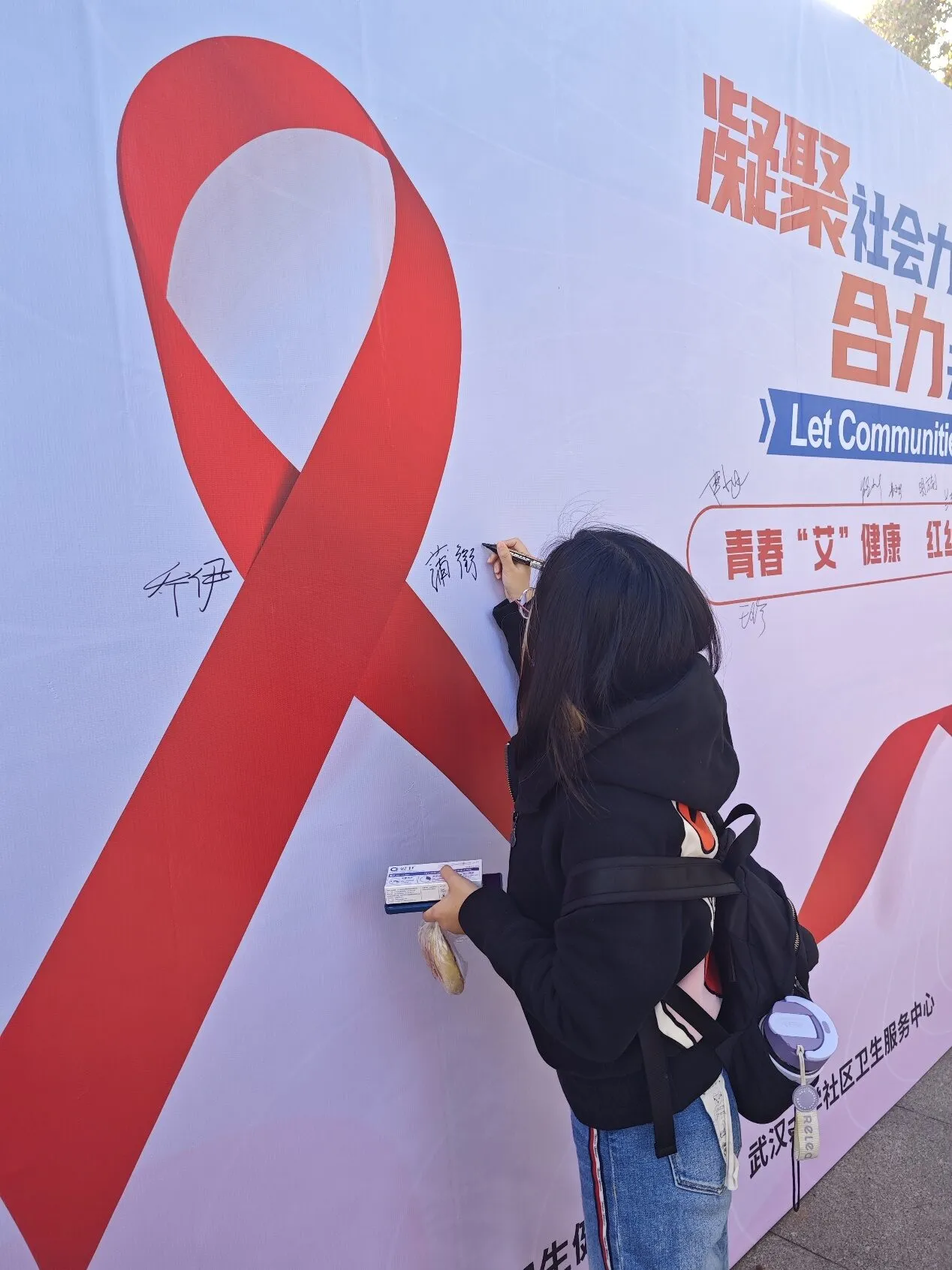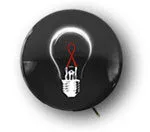HIV/AIDS is not only a physical illness but also a significant mental challenge for individuals and communities. Preventing HIV/AIDS requires not only medical measures but also strong mental support. In today’s context, mental strength is a crucial factor that helps people infected with HIV/AIDS overcome fear, prejudice, and social barriers, maintain health, and improve their quality of life.
The Importance of Mental Strength
Mental strength helps people infected with HIV/AIDS live more safely and confidently. Studies show that mentally strong individuals have a better ability to fight the disease and mitigate its health impacts. Those with a positive mentality are more likely to adhere to treatment plans, which enhances the effectiveness of treatments and extends their lifespan.
Building a Supportive Environment
For mental strength to be demonstrated, building a supportive environment is essential. Families, friends, and communities need to actively play a role in creating a safe space for people infected with HIV/AIDS. Empathy, sharing, and affection reduce feelings of loneliness and motivate them to face the disease.
Organizing gatherings and seminars to raise awareness about HIV/AIDS is also an effective way to reduce prejudice. As people gain a deeper understanding of the disease, they develop a more objective perspective and become more willing to support those infected.

The Role of Education
Education is a critical element in enhancing mental strength in HIV/AIDS prevention. Providing accurate and comprehensive information about HIV/AIDS helps people better understand the risks and preventive measures.
Educational programs on sexual health, HIV prevention strategies, and information about the rights of infected individuals need to be strengthened. This not only reduces the spread of the disease but also equips individuals with the knowledge and skills to protect themselves and support others.
Encouraging Participation of Infected Individuals
Encouraging people infected with HIV/AIDS to participate in community activities and share their experiences and feelings is an effective way to reinforce mental strength. By being heard and sharing, they gain confidence and realize they are not isolated in their fight against the disease.
Non-governmental organizations can organize support groups for the infected to interact, learn from each other, and form strong bonds. This not only alleviates their anxiety and stress but also contributes to building a stronger community.
Positive Impact of Arts and Sports
Arts and sports also play an important role in enhancing the mental strength of people infected with HIV/AIDS. Participating in artistic activities such as painting, singing, and dancing helps them relieve stress and find joy in life. These activities not only promote mental improvement but also provide opportunities for self-expression and deepen connections with the community.
Similarly, sports are an effective way to improve mental health. Studies show that exercise can reduce symptoms of depression and anxiety, resulting in an improved quality of life.
Support from Professionals
Lastly, support from psychological professionals is crucial in building mental strength. Psychologists and counselors can help people infected with HIV/AIDS face fear, guilt, and prejudice. They help rebuild self-esteem and develop skills to cope with stress, establishing a foundation for mental strength.
Conclusion
Mental strength plays an important role in combating HIV/AIDS. Through building supportive environments, raising awareness, promoting participation, and providing psychological services, we can help the infected face challenges and difficulties. As a result, mental strength not only aids them in fighting the disease but also in leading positive and meaningful lives.
